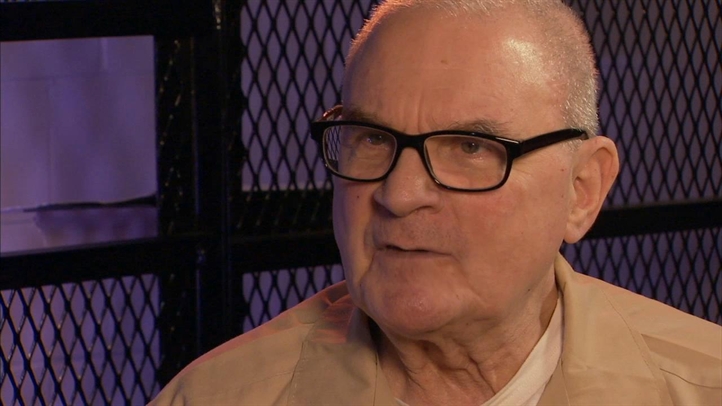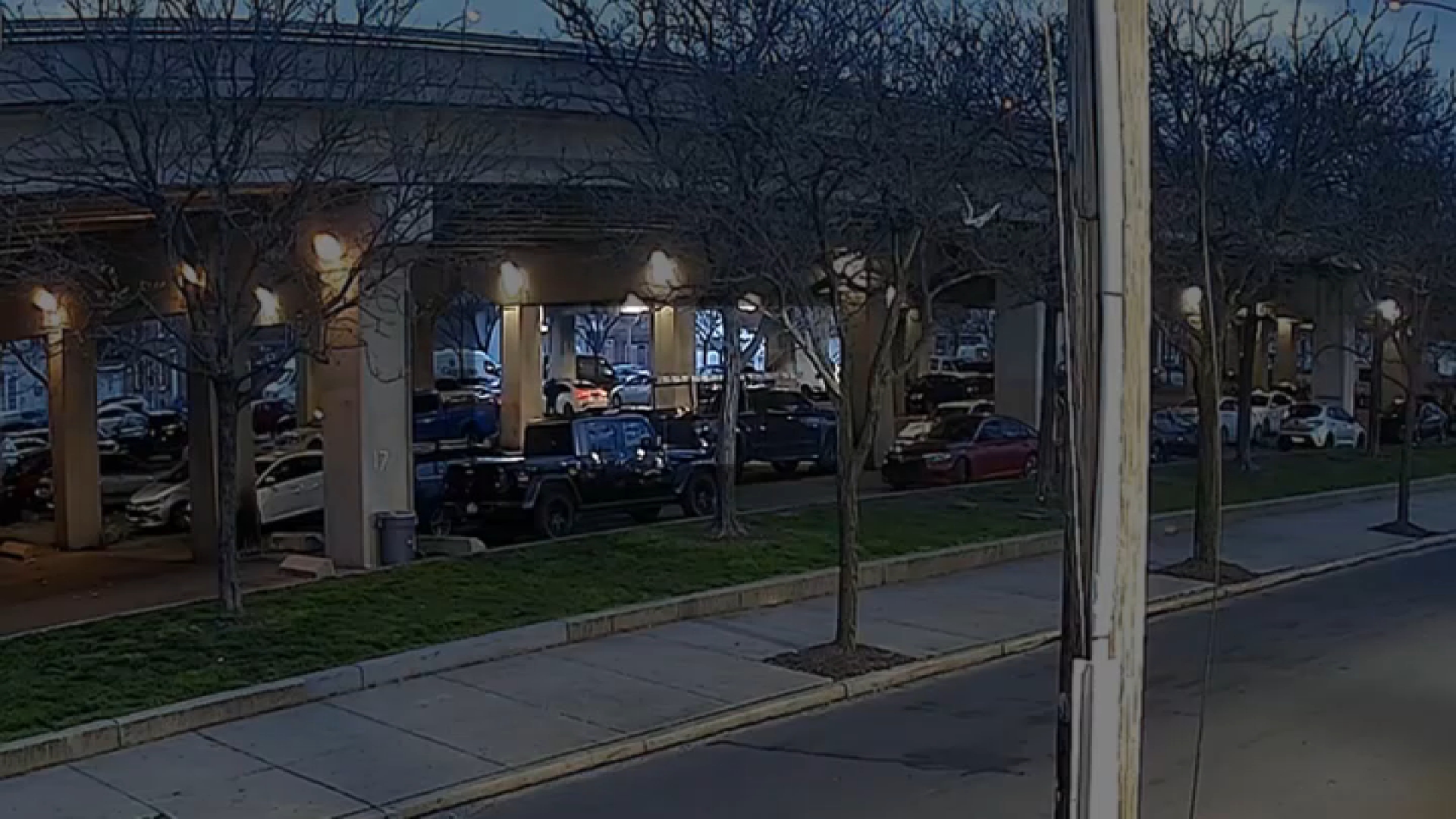Black and Latino students are being disproportionately suspended from Pennsylvania's schools under the auspices of "zero tolerance" provisions.
This from a new report by the Pennsylvania chapter of the American Civil Liberties Union, which analyzed aggregate data from each of the state's 500 school districts.
Key findings of the report include:
- Black students make up 13.6 percent of Pennsylvania's student population, but they received almost half of the out-of-school suspensions, at 48.25 percent.
- Seventeen percent of black students were suspended at least once, a rate five times that of white students.
- One out of every 10 Latino students were suspended at least once, one of the highest Latino suspension rates in the country.
- Students with disabilities were almost twice as likely as other students to receive out-of-school suspensions – 11.1 percent versus 5.7 percent.
- Black students with disabilities received OSSs at the highest rate of any group – 22 out of every 100 were suspended at least once.
"Our report is intended to spark discussion within school communities and policy-making circles about what works best to create a healthy and safe school climate, not to point fingers," wrote the ACLU's Harold Jordan, author of the report. "A critical examination of school discipline data and discipline practices is a first step."
Jordan said the suspension rate has skyrocketed over the past 15 years as districts have implemented "zero tolerance" discipline procedures. Those procedures were intended to discourage violent behavior and weapons possession, he said, but their use has become much more ubiquitous in recent years for more minor infractions.
"Kids are getting suspended for a broad range of things including clothing violations," said Jordan, in a phone interview. "When people talk about 'zero tolerance' they immediately think we're getting the worst offenders out of schools, but that's not exactly what it's meant in practice."
Local
Breaking news and the stories that matter to your neighborhood.
The ACLU gathered its data by combining reports from the Pennsylvania Department of Education (from 2003-2012), the U.S. Department of Education Civil Rights Data Collection (2009-2010), as well as information obtained under Pennsylvania's Right-to-Know law from school districts, Pennsylvania State Police, and the Pennsylvania Commission on Crime and Delinquency.
The report analyzed data only from Pennsylvania's traditional public schools. The statistics of the state's charter and private schools were not considered. Jordan said this was due to the logistical difficulty of obtaining data.
Looking at the 2011-12 academic year, the report found that school districts issued more than 166,000 out-of-school suspensions, a rate of 10 suspensions for every 100 students.
The York City School District led the state in out-of-school suspensions with a rate of 91.4 suspensions for every 100 students.
The Philadelphia school district issued 25.9 suspensions for every 100 students.
"Kids, especially when they are suspended repeatedly, tend to drop out of school, and tend to become disengaged with school," said Jordan." And [suspensions] may put some kids in a position where they learn even worse behaviors."
Great changes in Philly
In 2011, the district eliminated the phrase "zero tolerance" from its code of conduct.
In August of 2012, the School Reform Commission further weakened such practices as it officially deemed that suspensions, expulsions, and disciplinary transfers were to be used as a last resort. This change gave principals more discretion in how they dealt with 'minor' infractions (such as using profanity or cutting class) and emphasized intervention and prevention rather than punishment.
These changes had a tremendous impact on how schools managed disipline. Although the district did not provide comparative data for suspension rates, it offered this breakdown of expulsions:
In 2012-2013, the district expelled 42 students – of this number, only one was permanent.
In 2011-2012, it expelled 38 students.
In 2010-2011, before the above changes went into effect, it expelled 237 students.
District spokesman Fernando Gallard said the reduction in the expulsion-rate had much to do with the implementation of the district's "Response to Instruction and Intervention" program – a data-driven model which works with children deemed to be potential discipline problems through early-education intervention efforts.
"It's an entire different focus than before," said Gallard, "no longer a focus on zero tolerance."
Even the nomenclature changed, said Gallard. The "Office of Discipline and Expulsion" became the "Office of Students' Rights and Responsibilities."
One of the leading advocates pushing the district to implement these changes was the youth-led Campaign for Nonviolent Schools, a local coalition that aims to "end all forms of school violence without pushing students into the criminal justice system."
Following the release of the ACLU's report, CNS coordinator Christi Clark issued this statement: "Now is the time for advocates, legislators and school officials to acknowledge the dangers of zero tolerance policies and work together to implement restorative practices in place of school removal to ensure that every Pennsylvania student has the opportunity to learn."
This story was reported through a news coverage partnership between NBC10.com and NewsWorks.org



